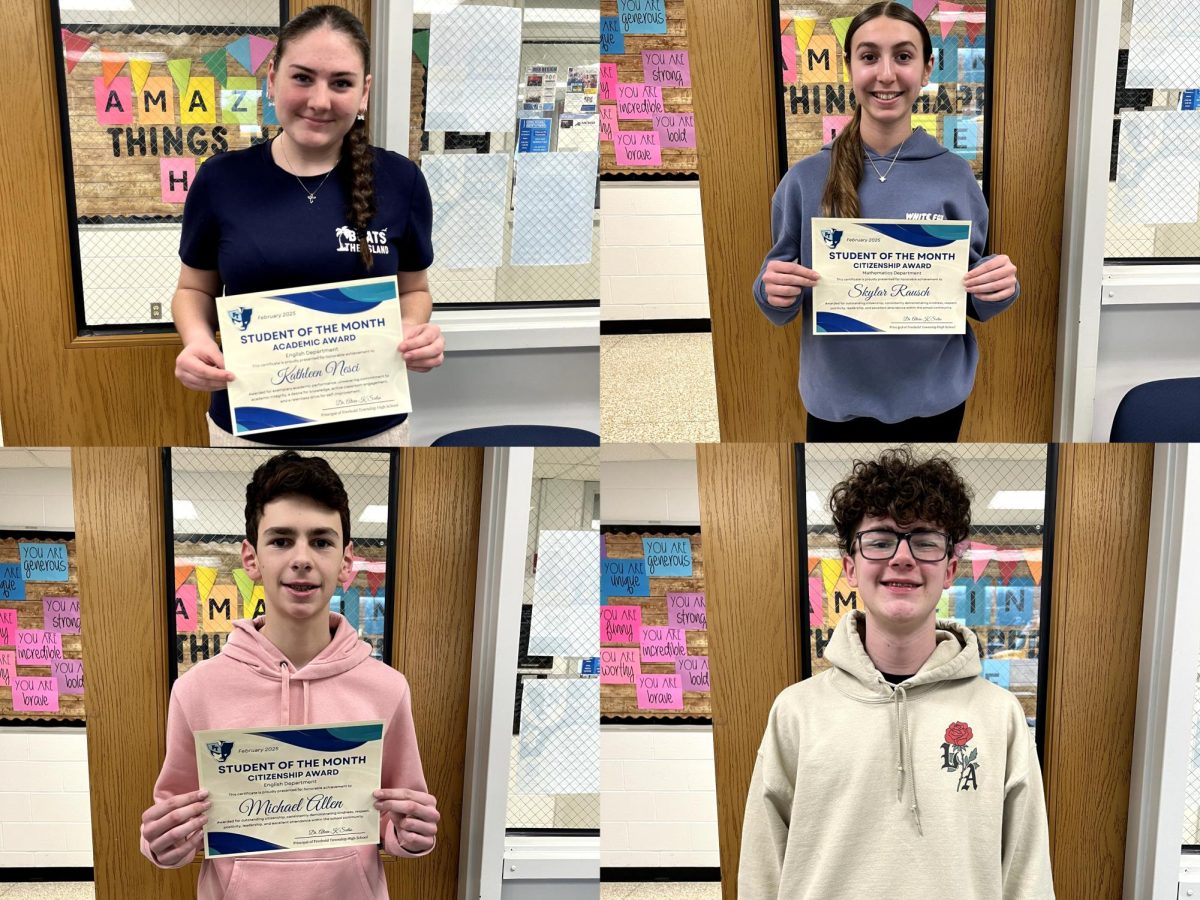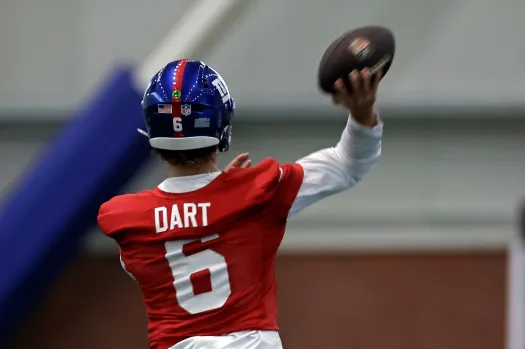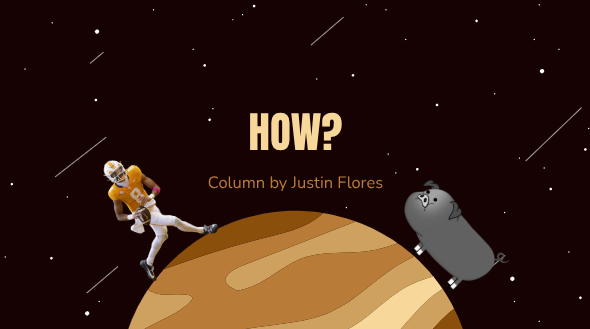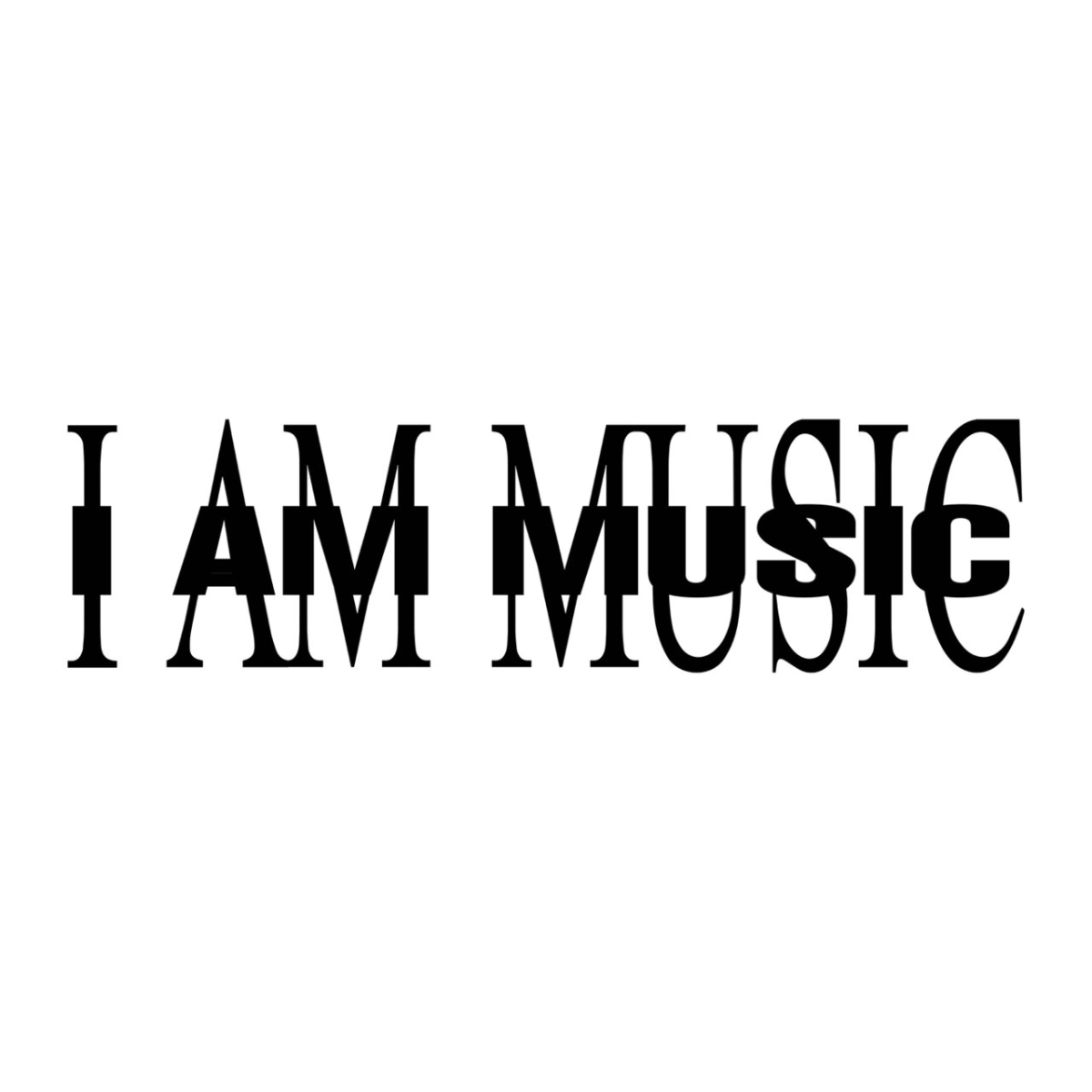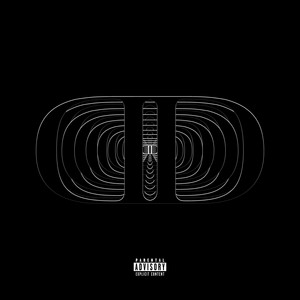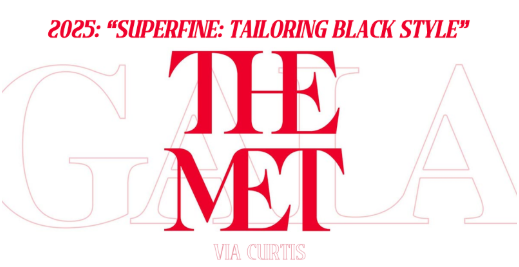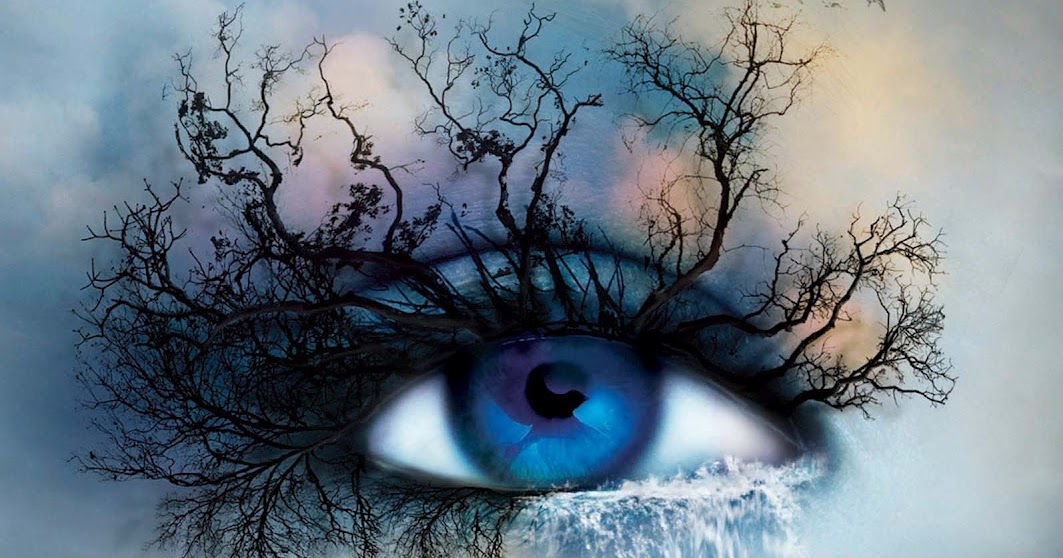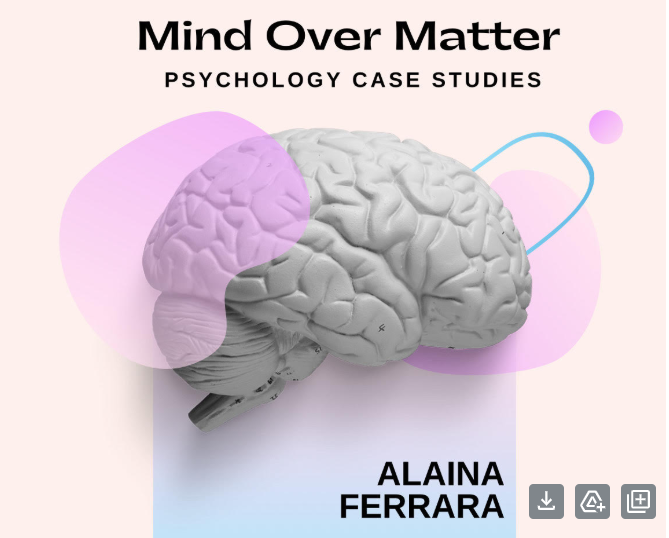Is Today’s Music the Worst?

April 16, 2015
My dilemma arose as I fought the dreaded traffic out of the senior parking lot at the end of the day. I knew I would be waiting a while, so I decided to turn on the radio to listen to some music and distract myself from the never ending line of cars inching toward the exit . My presets mostly consist of stations that play today’s top hits: 92.3, 105.1, 97.1, 94.3. As a scrolled through the selections of songs available to me on that sunny afternoon, I felt vaguely unsatisfied. The radio stations were playing popular songs that would please any other highschooler, but on that day, it just made my head hurt. I couldn’t stand the sickly sweet pop songs or the rap that bombarded me with bleeped out racial slurs and profanity. I wanted some pleasant music, not a song that would make me want to turn the radio off and just listen to the steady rumble of my car engine instead. So I did the unthinkable. I meandered my way to preset number 6, the one I rarely use, if ever. Preset number 6 is FM Q104.3, which plays classic rock music. Pink Floyd’s “Comfortably Numb” was playing and as the charming music flowed out of the speakers I immediately knew what I had known all along: that today’s music simply will not do.
Most of my childhood was spent in the car, being schlepped to countless soccer tournaments across the country by my Dad. He grew up on classic rock, so many hours of my adolescence were filled with music from Boston, Lynyrd Skynyrd, Eagles, Cream, Led Zeppelin, The Who, Fleetwood Mac, Deep Purple and many, many more. I came to love this music, a love that has sometimes been buried under the need to fit in in today’s musically changing world.
Now, I’m not saying that all of today’s music is terrible. There are some really great bands out there, but what the majority of people my age listen to is complete junk. To prove my point, I’ll analyze some of the top hits from the 70’s, 80’s and 90’s, and compare them side by side with some of today’s hits.
The Seventies:
“Bridge Over Troubled Water” by Simon and Garfunkel vs. “Love Me Like You Do” by Ellie Goulding
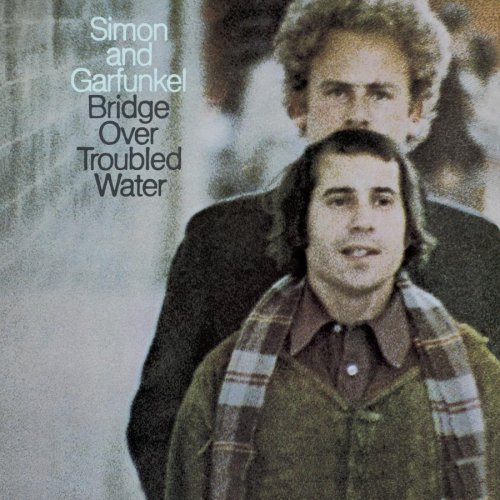
First off, “Bridge Over Troubled Water” is filled with what is a rarity in contemporary music, meaningful lyrics. Simon and Garfunkel proclaim: “When you’re down and out/ And pain is all around/ I will comfort you/ Oh, if you need a friend/ I’m sailing right behind/ Like a bridge over troubled water/ I will ease your mind” Although the meaning is simple, it still has profound depth, unlike some of the songs today. For example, Ellie Goulding’s song “Love me Like You Do”, a top hit in 2015, encourages the listener to “love me like you do, love me like you do/ Love me like you do, love me like you do/ Touch me like you do, touch me like you do/ What are you waiting for?” Goulding’s lyrics can be meaningful to some listeners, but they are definitely not as insightful as Simon and Garfunkel’s.
The Eighties:
“Jessie’s Girl” by Rick Springfield vs. “Trap Queen” by Fetty Wap
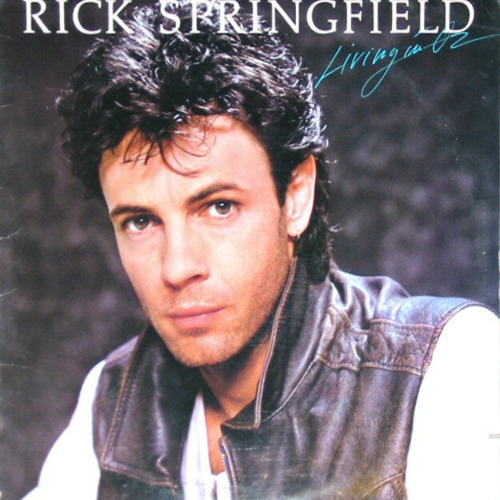
Springfield wrote “Jessie’s Girl” to describe his feelings for the girlfriend of one of his friends. He liked her, but she didn’t like him. Frustrated, he asks: “And I’m lookin’ in the mirror all the time/ Wonderin’ what she don’t see in me/ I’ve been funny; I’ve been cool with the lines/ Ain’t that the way love’s supposed to be?” Never does Springfield make distasteful remarks about the girl, he just wonders why she has no interest in him. On the other hand, Fetty Wap completely disrespects his supposed “Trap Queen” repeatedly throughout the song. He talks about how “I swear I love her how she work the da** pole/ Hit the strip club, we be letting bands go”. The entire song is basically about making money and doing drugs. The way that he describes the women in this song is both distasteful and a bad example for the younger people listening to the music.
The Nineties:
“Smells Like Teen Spirit” by Nirvana vs. “Uptown Funk” by Mark Ronson
Kurt Cobain, lead singer of Nirvana, wrote “Smells Like Teen Spirit” because he was “disgusted by his generation’s
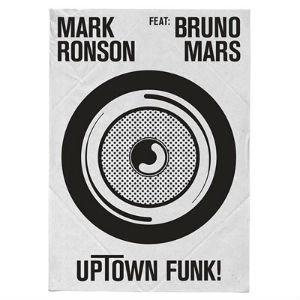
apathy”. “Smells Like Teen Spirit” doesn’t have the most meaningful lyrics, but the way that they are delivered makes them genuine. You can’t hear autotune in the song, just the somewhat slurred and hazy voice of Cobain. But that’s what makes the song so awesome, it’s raw and real and definitely does not sound like it was made on a computer. You can hear the drums and the guitars and the real voice of the singer. “Uptown Funk” is a song about going out, having a good time, and getting, well, Uptown Funked. Yet another desensitised, numbly happy song for our generation to enjoy. There’s a lot going on in the song, which is very different from the singularly instrumental sound of Nirvana. Also, the song’s meaning, compared to “Teen Spirit’s” teen revolution anthem, is sadly narcissistic and annoyingly upbeat. Not all music has to be deep and important, but “Uptown Funk” is total nonsense when it comes to context.
Some people like what today’s music has to offer, which is fine. But next time you listen to the “hot new song”, really listen to what the lyrics portray to you. Music is supposed to make you feel something. Music is supposed to make you think. If what you listen to doesn’t do that for you, perhaps it is time for a change.








